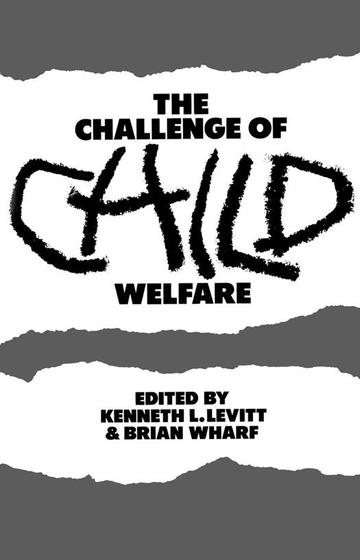About BC Books Online
BC Books Online was created for anyone interested in BC-published books, and with librarians especially in mind. We'd like to make it easy for library staff to learn about books from BC publishers - both new releases and backlist titles - so you can inform your patrons and keep your collections up to date.
Our site features print books and ebooks - both new releases and backlist titles - all of which are available to order through regular trade channels. Browse our subject categories to find books of interest or create and export lists by category to cross-reference with your library's current collection.
A quick tip: When reviewing the "Browse by Category" listings, please note that these are based on standardized BISAC Subject Codes supplied by the books' publishers. You will find additional selections, grouped by theme or region, in our "BC Reading Lists."
'I think this book, in assembling the views of a distinguished group of professionals, can have a profound effect on child welfare theory and practice. These practitioners, critics and academics have much to say. I for one am grateful that their views are now conveniently available to all of us in this book.' -- from the foreword by Thomas R. Berger, Chairman, the British Columbia Royal Commission on Family and Children's Law
The first Canadian text on child welfare, this work examines a number of issues which represent the state of the art of child welfare in Canada. Among the contributors are practitioners as well as academics from the fields of social work, child care, law and medicine.
Important government studies and reports in the 1970's did much to define existing problems in child welfare and to provide directions for their solutions. The developments and research reported in this book add to their findings.
Several main themes emerge in the book -- one being the lack of standardization of child welfare policy and practice in Canada since each province has its own regulations and policies. Other concerns common to many of the authors are the dismantling of social service programmes as a result of the current recession and the need for greater cooperation with the native Indian leadership in regard to the provision of child welfare services to the Indian community.
Another important theme touched on by several authors concerns children in the care of welfare agencies. They discuss how adequate the range and quality of services are and how the effect of these services can be measured. The final theme centers on prevention and the early identification of families whose children may be at risk without certain support services.
The point of view which transcends all the contributions supports an institutional approach, where a range of services is available to families to choose from, as opposed to the residual approach which regards government services as the last resort. While it is the latter view that is prevalent in Canda today, the authors argue that this represents a penny wise but pound foolish approach not only to child welfare but also to the broader field of social welfare.
Ken Levitt is a social service administrator in Vancouver. Brian Wharf is Dean of the Faculty of Human and Social Development at the University of Victoria.



